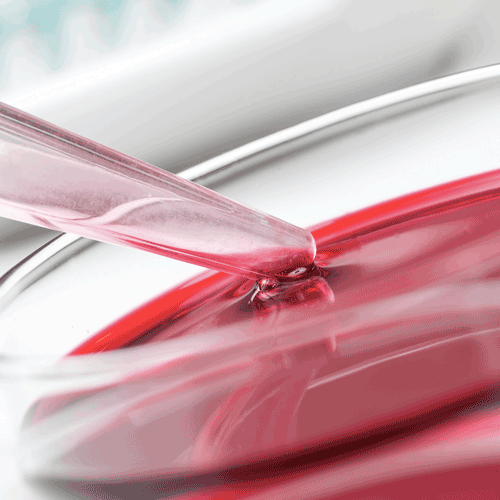Syncona LLP and UCL Business PLC announce the formation of Autolus Limited, a cancer immunotherapy company
Posted: 22 January 2015 | UCL
Syncona LLP and UCL Business PLC, the wholly-owned technology transfer company of University College London, announce the creation of Autolus Limited…


Syncona LLP (“Syncona”) and UCL Business PLC (“UCLB”), the wholly-owned technology transfer company of University College London (“UCL”), announce the creation of Autolus Limited (“Autolus”), a biopharmaceutical company focused on the development and commercialisation of next-generation engineered T-cell therapies for haematological and solid tumours. Autolus is founded upon the work of Dr Martin Pule, an academic clinical haematologist and thought-leader in T-cell engineering. Syncona has committed £30m to Autolus in a Series A financing. Dr Christian Itin, former CEO of Micromet and a leader in the cancer immunotherapy field, has joined the company as Chairman.
Recent clinical trials of engineered T-cell treatments for haematological malignancies performed by various groups suggest that chimeric antigen receptor (“CAR”) T-cells have the potential to transform cancer therapy. Realisation of that potential will require innovative technologies to program the properties of T-cells to increase efficacy and safety, and to access tumour types which are not addressable with the current generation of CAR T-cell technology. Autolus is a next-generation engineered T-cell company, developing a series of CAR T-cell products based on its proprietary targets, constructs and technologies.
Martin Pule, Chief Scientific Officer of Autolus and Senior Lecturer at the UCL Cancer Institute and NIHR University College London Hospitals Biomedical Research Centre, commented:
“It is exciting to be involved in Autolus, where we have an opportunity to bring innovative new therapeutic approaches to patients who often have no alternative treatment path. The key will be to remain at the cutting-edge of T-cell engineering to create a new generation of programmed T-cells acting as autonomous agents to kill tumour cells. What we’ve seen so far in the CAR T-cell field is only the beginning.”
Christian Itin, Chairman of Autolus, said:
“A key element of Autolus’ strategy is to progress CAR T-cell products quickly into clinical trials, leveraging our strong partnership with UCL. The company has engaged a team of thought-leading academics in London as advisors, and will perform its Phase 1 clinical studies and manufacturing within the academic infrastructure of the city, including the integrated cancer clinical trials infrastructure at University College Hospital and the expert cell therapy manufacturing facility at the UCL Institute of Child Health and Great Ormond Street Hospital.”
Edward Hodgkin, Partner with Syncona LLP and Chief Executive Officer of Autolus, added:
“Autolus is a great fit with Syncona’s strategy. We are focussed on building companies in areas of cutting-edge science with the potential to deliver extreme efficacy to patients. CAR T-cell products have the potential to transform cancer therapy, and we expect Autolus to be at the forefront of a revolution in medicine in which human cells are used to treat disease. We have a very talented team and are delighted to have attracted Christian Itin to act as Chairman of the Company.”
Cengiz Tarhan, Managing Director of UCLB, said:
“UCL is a world leader in the biomedical sciences, with an unremitting commitment to outstanding research and translation into healthcare benefits for patients. It is exciting to support these breakthrough treatments being taken forward in a commercial environment in a way that may benefit patients globally. The formation of Autolus represents the culmination of several years of research in the laboratories of Martin Pule and his collaborators drawing on funding from multiple government and charitable sources. UCLB are delighted to be able to partner with Syncona to launch Autolus.”
Related topics
Gene Therapy
Related organisations
Autolus, Cancer Research, UCL Business



